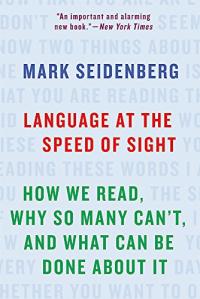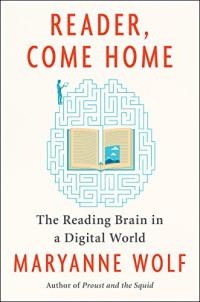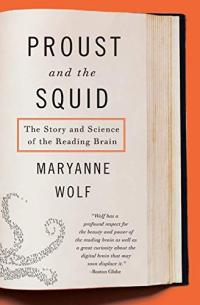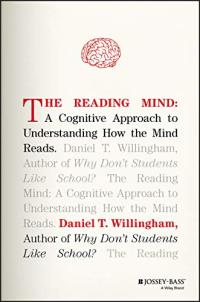The act of reading is so easily taken for granted that we forget what an astounding feat it is. How can a few black marks on white paper evoke an entire universe of meanings? It’s even more amazing when we consider that we read using a primate brain that evolved to serve an entirely different purpose. In this book, neuroscientist Stanislas Dehaene, author of How We Learn, explores every aspect of this human invention, from its origins to its neural underpinnings. A world authority on the subject, Dehaene reveals the hidden logic of spelling, describes pioneering research on how we process languages, and takes us into a new appreciation of the brain and its wondrous capacity to adapt.





